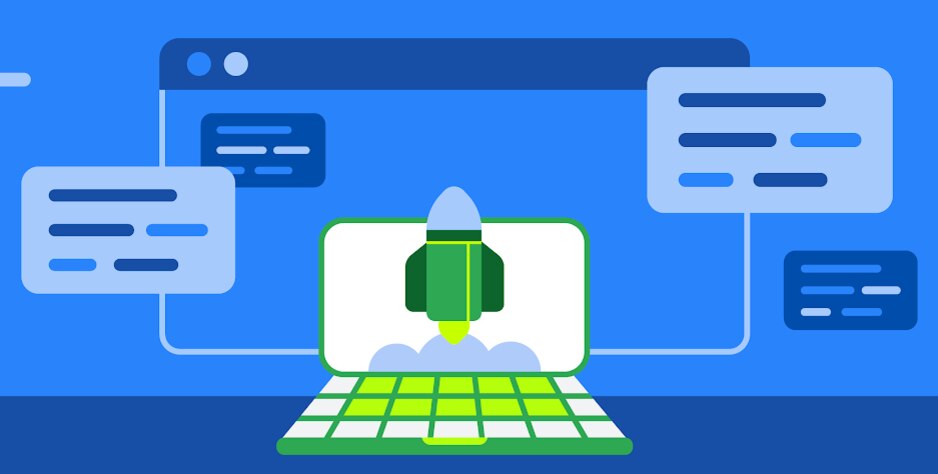To enhance the performance of Android device, Google has started working for a “16KB page size”for Android, which currently used to be 4KB, for reducing the administrative tasks of the operating system and provide users the improved experience on application, games and videos.
Currently, Android devices are operating with a 4KB page size. But it has been found by the Google that if Android devices will start using larger page size, the overall performance will be increased by 5-10%, at expense of approximately 9% increase in memory use.

Benefits of transition from 4KB to 16KB:
Google has researched and observed lot of benefits of shifting from 4KB to 16KB page size are-
- It will provide reduced time of app launching by an average of 3.16% if the system is under memory pressure, while some app could show improvements up to 30%.
- Power which is consumed during app launch may also be decreased by an average of 4.56%.
- Camera launch time is also supposed to improved, showing an average improvement of 4.48% for hot starts and 6.60% for cold starts.
- The system boot time could also be improved by 1.5%.
Launching of 16KB page size with Android 15:
Google has decided to restructure the operating system with the launch of Android 15, by increasing its availability to support varying page sizes.
Developers now have to recompile their apps for devices which will support 16KB page size, but still the apps will run on both 4KB and 16 KB devices. This change of page size will start first with Android 15 QPR1 Beta 1 on the Pixel 8 and 8 Pro.
Collaboration with SoC and OEM for wider adoption of 16Kb page size:
The main problem in establishing larger page size is that there are “no production Android devices are available in today’s time or expected for the Android 15 release that will support a 16KB page size”, as said by Google.
So, Google has started collaborating with SoC and OEM partners for extending this option to more devices. An ‘x86_64 emulator’ is also supposed to be a partner of this effort. Read more about this on Android developers blog.
Soon we can see this major change in the Android’s memory management with improved page size and larger amounts of physical memory(RAM).
